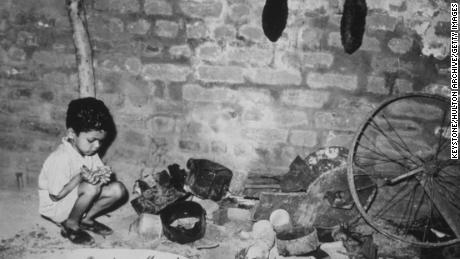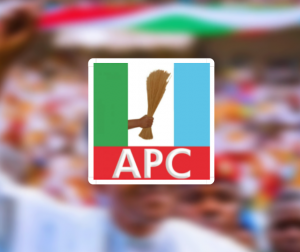How India went from impoverished British colony to emerging giant

After decades of struggle, Nehru said the country was now on a path of revival and renaissance.”A moment comes, which comes but rarely in history, when we step out from the old to the new,” Nehru said. “When an age ends, and when the soul of a nation, long suppressed, finds utterance.” Seventy-five years later, the India of today is almost unrecognizable from that of Nehru’s time, though poverty remains a daily reality for millions of Indians, despite the nation’s surging wealth.Since gaining independence, India has built one of the world’s fastest growing economies, is home to some of the world’s richest people, and according to the United Nations, its 1.3 billion population will soon India is also on the front line of the climate crisis. Recent heat waves — such as in April when average maximum temperatures in parts of the country soared to record levels and New Delhi saw seven consecutive days over 40 degrees Celsius (104 Fahrenheit) — have tested the limit of human survivability, experts say.And it’s the country’s poorest people who are set to suffer the most, as they work outside in oppressive heat, with limited access to cooling technologies that health experts say is needed to contend with rising temperatures.And as the heat rises on the land, political pressure have grown with fears that the secular fabric of the country and its democracy are being eroded under the leadership of Modi, whom critics accuse of fueling a wave of Hindu nationalism that has left many of the country’s 200 million Muslims living in fear.Many states run by his ruling Bharatiya Janata Party (BJP) have introduced legislation critics say is deeply rooted in Hindutva ideology, which seeks to transform India into the land of the Hindus. And there has been an alarming rise in support for extremist Hindu groups in recent years, analysts say — including some that have openly called for genocide against the country’s Muslims.At the same time, the arrests of numerous journalists in recent years have led to concerns the BJP is using colonial-era laws to quash criticism. In 2022, India slipped to number 150 on the Press Freedom Index published by Reporters Without Borders — its lowest position ever.”The challenges now are about India’s nature of democracy,” Kapilla said. “India is going through a major, contentious change at the fundamental political level.” Seventy-five years on, Nehru’s observation that “freedom and power bring responsibility” continue to ring true.India’s first 75 years ensured its survival, but in the next 75 years it needs to navigate immense challenges to become a truly global leader, and not just in terms of population, said Venkat, from the Centre for Policy Research.”Although (India) may end up being the world’s fastest growing major country over the next few years, it will still be miles behind its neighbor in China, or getting close to what it had hoped to achieve at this point, which was double digit growth.””So the challenges are immediate and all over the place, chief among them being how to ensure its prosperity,” Venkat said.







